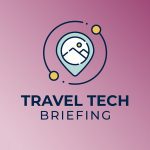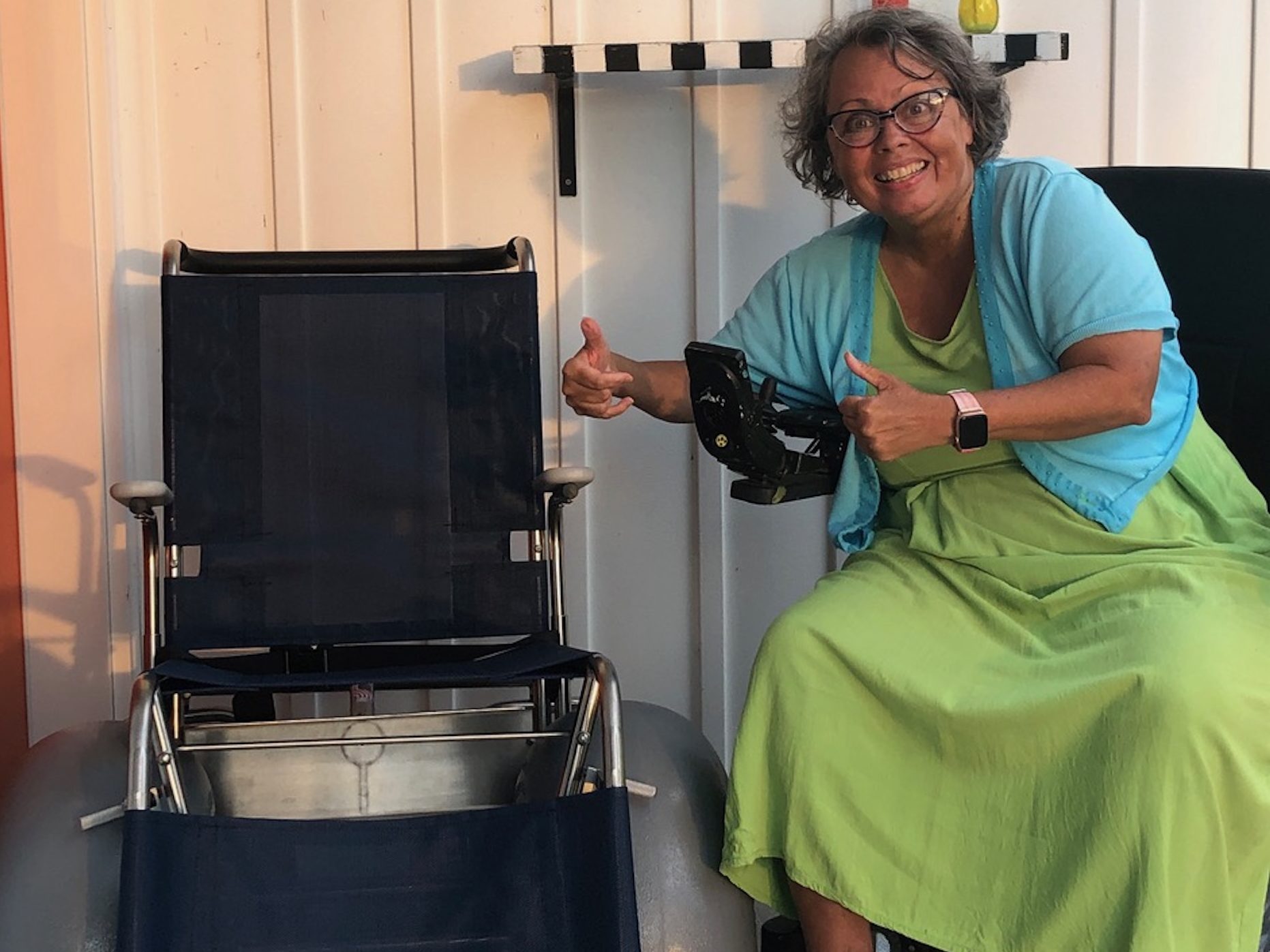Skift Take
In Expedia’s move to inch the travel industry toward equitability, the company is helping startups solve their own problems and learning from them in the process. And the startups are learning from each other, too.

Travel Tech Briefing
Editor’s Note: Exclusive reporting on technology’s impact on the travel industry, delivered every Thursday. The briefing will guide executives as they decide if their companies should “build, buy, or partner” to stay ahead.
As the founder of a short-term rental software platform dedicated to people with disabilities, Lorraine Woodward said she sees a lot of lip service about accessibility from big travel companies.
While many companies have internal diversity, equity, and inclusion programs, all of them arguably are lacking when it comes to services for travelers. And it takes action — not just words — to make a difference.
That’s why she is optimistic that her new partnership with Expedia Group could lead to an industry change.
Her company, Becoming Rentable, is one of 12 travel tech startups that are part of the first cohort of Expedia Group’s new Open World Accelerator program.
“I believe that when a company makes this type of commitment, then others will follow. But we need a leader, and I believe that Expedia is going to be that — with our help,” Woodward said.
Learning from Each Other
Becoming Rentable is a short-term rental listing platform that contains 36 filters for different types of disabilities — not just for people using wheelchairs or walkers, but also for those who are blind, deaf, or autistic.
The company also offers paid evaluation and certification services for property owners and managers to verify vacation rentals as accessible in some way or another. If an owner wants to make a property more accessible, the startup can help with that too.
Woodward founded the company with her own experience in mind. She and her two adult sons have muscular dystrophy, greatly limiting what they can do. She designed a fully accessible beach house in North Carolina so they would have a reliable option. Since she listed the house as a vacation rental and word spread about the accessibility, more than 350 families have used the space, she said.

The problem Woodward sees with listings on big-name vacation rental booking platforms is that able-bodied property owners often do not understand the practical needs of people with varying levels of abilities. So property owners often label a property as accessible even if it is not. “Wheelchair accessible” could mean different things to different people who use wheelchairs.
“We kept finding that. I promise if you go into any of these large platforms, you will see the same,” Woodward said.
An estimated 1.3 billion people worldwide, including roughly 61 million in the U.S., have a disability. The majority of them want to travel but cannot because of accessibility issues, something Woodward said she has learned through countless hours of research and conversations. That’s a big segment of the market that’s potentially getting left behind.
Vrbo, Expedia’s short-term rental booking platform, is not excluded from the criticism. The platform only has two filters right now for accessibility — one for wheelchair accessibility and one for elevators — another common issue with many of the platforms.
“I hope that by working with us, that they will modify and change the way they’re doing business,” Woodward said. “I think that’s what is cool about this program. Not only are we going to benefit from their talents and knowledge and staff, but I feel that we can add something to them as a business and their brand of Vrbo.”
Expedia Group confirmed that that’s the idea — to learn from each other. It did not share plans on any updates planned for Vrbo. The company previously said that the accelerator was designed specifically to drive innovation in the industry and remove barriers to travel.
Founded in 2021, Becoming Rentable has 1,200 properties listed throughout the U.S. Woodward wants to multiply that number quickly, strengthen the software product, and scale the evaluation services.
Travel Tech Startup Collaboration
All 12 of the startups in the accelerator recently spent a week in Seattle with the Expedia team to kick off the program. There are already multiple plans between the startups to collaborate with one another. One of Becoming Rental’s connections was with Misterb&b, a Paris-based short-term rental booking platform dedicated to the LGBTQ community.
Misterb&b has a portfolio of more than 1 million properties on its platform, according to CEO Matthieu Jost. All the hosts and travelers are part of the LGBTQ community.
Jost founded the startup in 2014 after he and his partner were rejected from a vacation rental for being a same-sex couple. He pointed to a recent discriminatory case through Airbnb as an example of why his platform is needed even in 2022.
Besides discrimination, he said his platform addresses the issue of safety for hosts and renters. The platform also recently added a social layer, through which travelers and locals can connect with each other at their destinations.
“Safety and lack of connection are really the two challenges for the LGBTQ community when we’re traveling,” Jost said.
Through a potential partnership with Becoming Rental or one of the several other disability-focused startups, he looks forward to making his platform more inclusive.
“Within our community, there are for sure disabled people, so we also started to have initial conversations with some of the other startups to see how Misterb&b could address the community within the community,” Jost said. “This is something that we will try to leverage during the program.”
Vanessa Karel, founder of Greether, said she is also in early conversations about collaborating with others.
California-based Greether is one of the tech startups in the program focused on travel services for women. The Greether platform verifies and connects women travelers with women at their destinations who can act as a tour guide or even share important safety information.
The platform primarily addresses the safety concerns that women face when traveling, Karel said.
The startup has greeters in 450 cities in 90 countries, she said. There is a lot of demand in the Latin American countries, so the company plans to expand there this year. Karel is also planning to partner with other female-led tourism companies around the world.
Dwell Newsletter
Get breaking news, analysis and data from the week’s most important stories about short-term rentals, vacation rentals, housing, and real estate.
Have a confidential tip for Skift? Get in touch
Tags: accessibility, expedia group, lgbt, online travel agencies, short-term rentals, Skift Pro Columns, software, tour operators, Travel Tech Briefing, travel technology, vrbo, women travelers